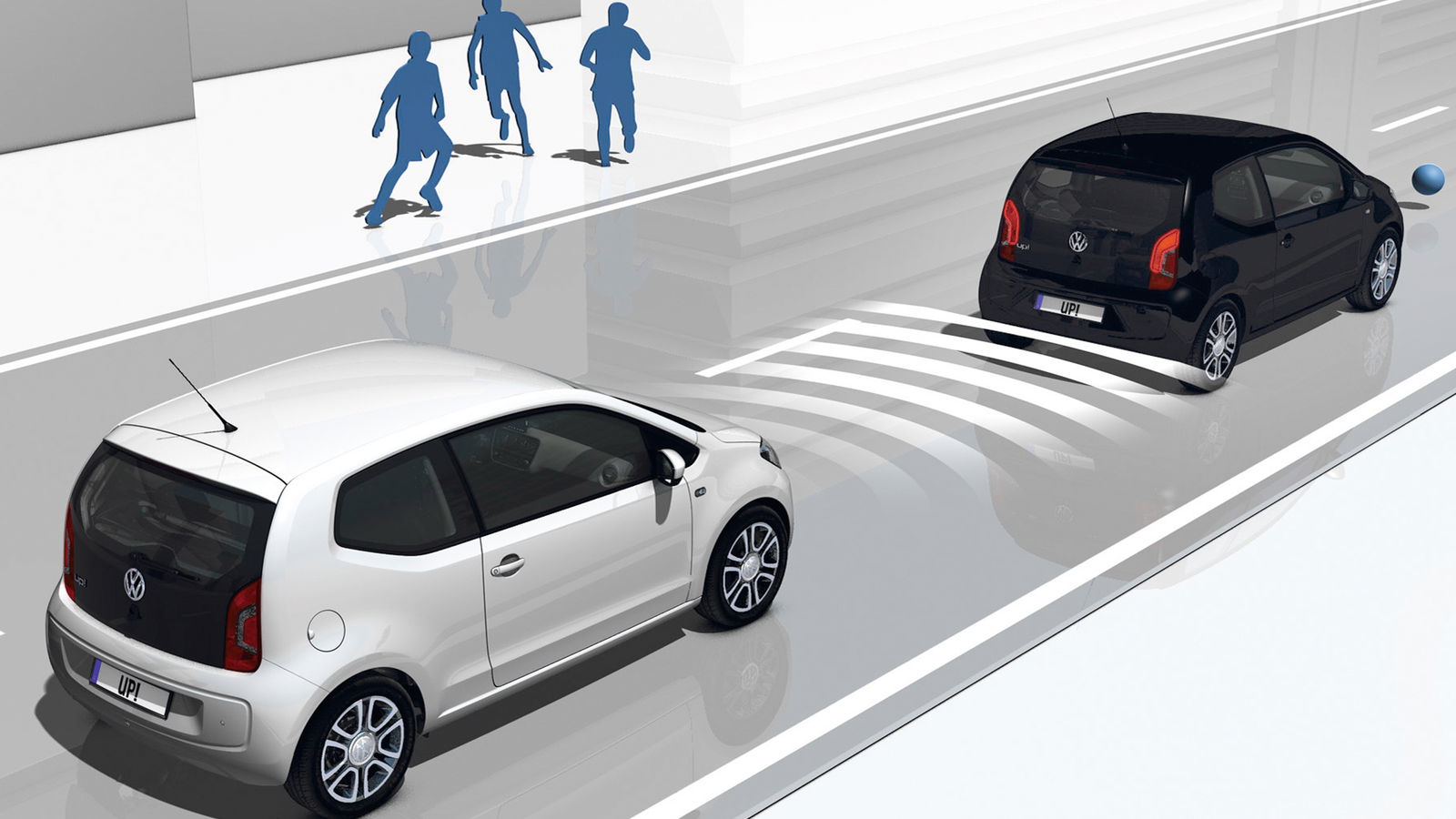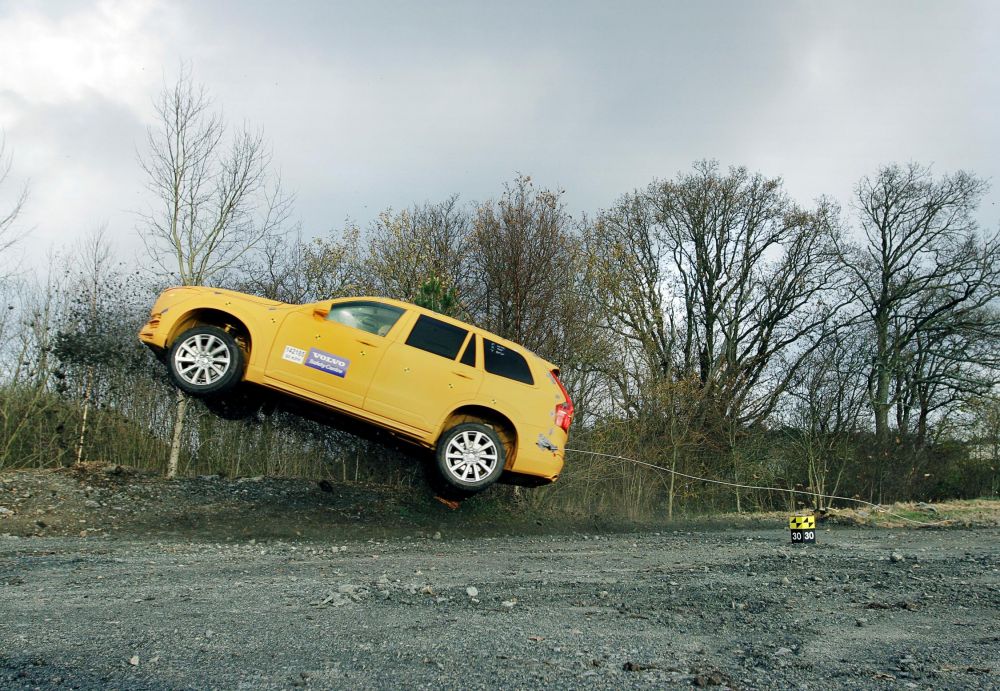Autonomous Safety Systems Will Cause Short Term Gain But Long Term Pain

According to a new study from Autoglass, a whopping 90 per cent of insurers have begun focusing on the benefits of Advanced Driver Assistance Systems (ADAS). Such systems, which use a variety of sensors and cameras to detect and analyse the area around the vehicle, include technologies such as lane departure warning, blind spot information, and semi-autonomous driving systems.
There’s one form of ADAS that has really caught the eye of the insurance industry, though, and that’s Automatic Emergency Braking (AEB). This technology is now available on a variety of cars including the Volkswagen Up, BMW X5 and Volvo XC90. Most of these systems work by using radar to judge the distance to the car in front, and automatically brake if they believe you’re about to hit the car in front. It’s highly effective; a recent Euro NCAP report demonstrated that AEB can lead to an impressive 38 per cent reduction in real-world rear-end crashes.
The Association of British Insurers reported late last year that cars equipped with AEB would be likely to fall into lower insurance brackets, and now, thanks to the vehicle safety technology experts Thatcham, AEB has been proved right. Thatcham found that insurance premiums for cars with ADAS are around 10 per cent lower than equivalent cars without.
70 per cent of the insurers that took part in Autoglass’ research expressed that their main priority is to use these systems (which include dash cams) to decrease fraud, while 43 per cent said they were useful for settling claims. So, in the short term, our insurance policies should decrease if we purchase cars with ADAS, as they help insurance companies pay out less. Sounds like a win-win situation, right?

Well, not necessarily. As these safety systems become increasingly widespread - a leading industry body has already forecast that 50 per cent of all new vehicles will carry ADAS by 2022 - there is a good chance that instead of cars equipped with ADAS being cheaper to insure, they’ll balance out to become the norm, and cars without ADAS will simply attract much higher premiums instead. If you want to insure your E46 M3 in 2030, you may well have to pay a pretty penny via a specialist performance car insurer. Not ideal.
For most of us, driving is a form of personal freedom - a human right - so it’s no wonder that we’re a little apprehensive about the dawn of autonomous tech-based safety systems. If an automated vehicle is statistically safer, the manually controlled car is always going to be at risk of being forced out. Ultimately, it will be up to the manufacturers to find a happy medium between automation and manual interfaces to keep people safe, insurance affordable, and petrolheads happy.

Comments
Hopefully there will be a massive petrolhead/gearhead uprising before any sort of robot takeover…
In full honesty, I hate the idea of driverless cars and other forms of robotics taking over hobbies, jobs and daily tasks that aren’t that difficult to do ourselves.
With autonomous cars being the next big thing it’s only natural for governments and insurance companies to forget about petrolheads or just give them a big middle finger. The future is bright for anyone into simple no frills classic cars.
Well the AEB in the volkswagen up is useless as i got rear ended by one when i was sitting at traffic lights and to make matters worse she was uninsured
Pagination